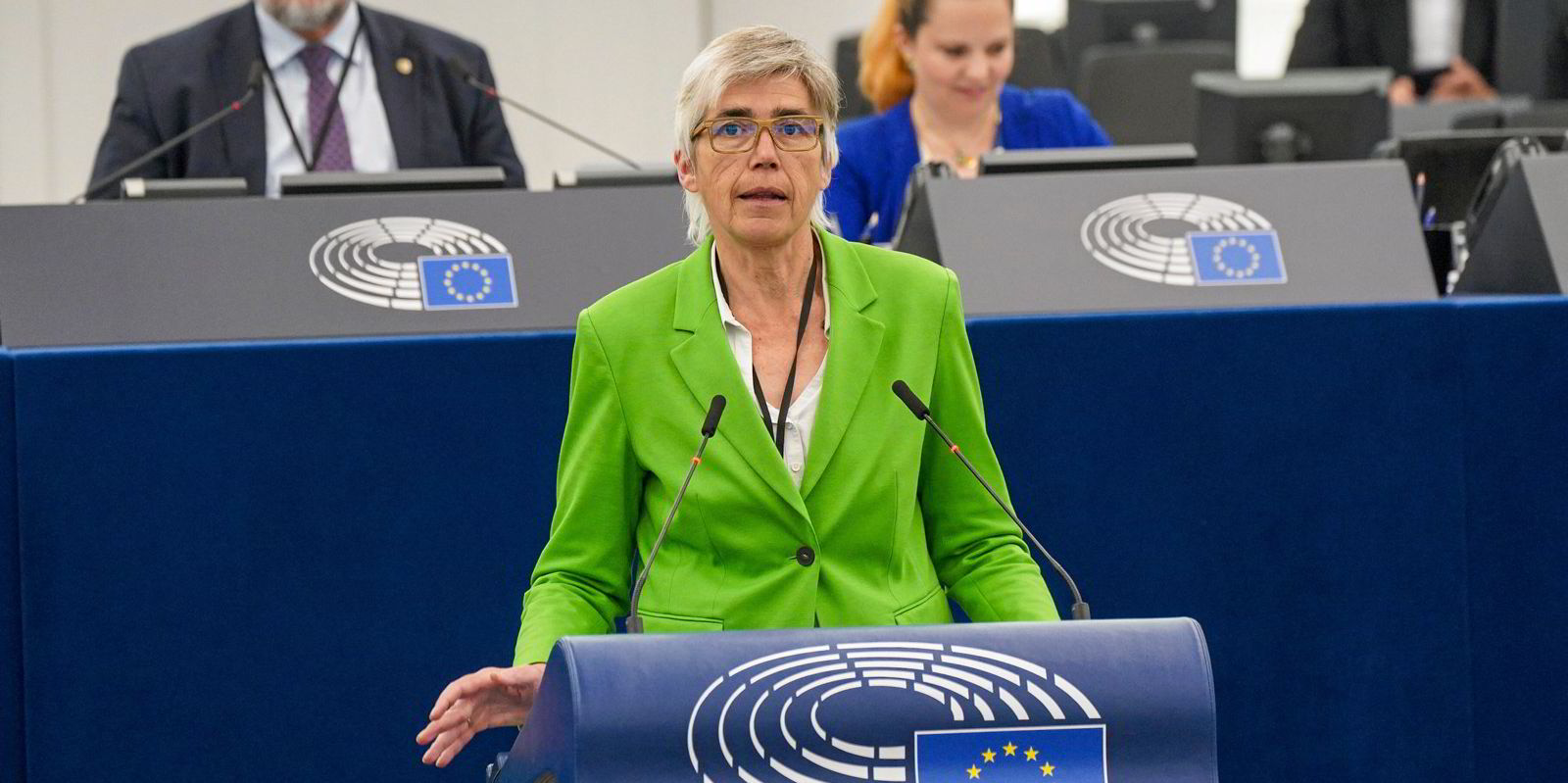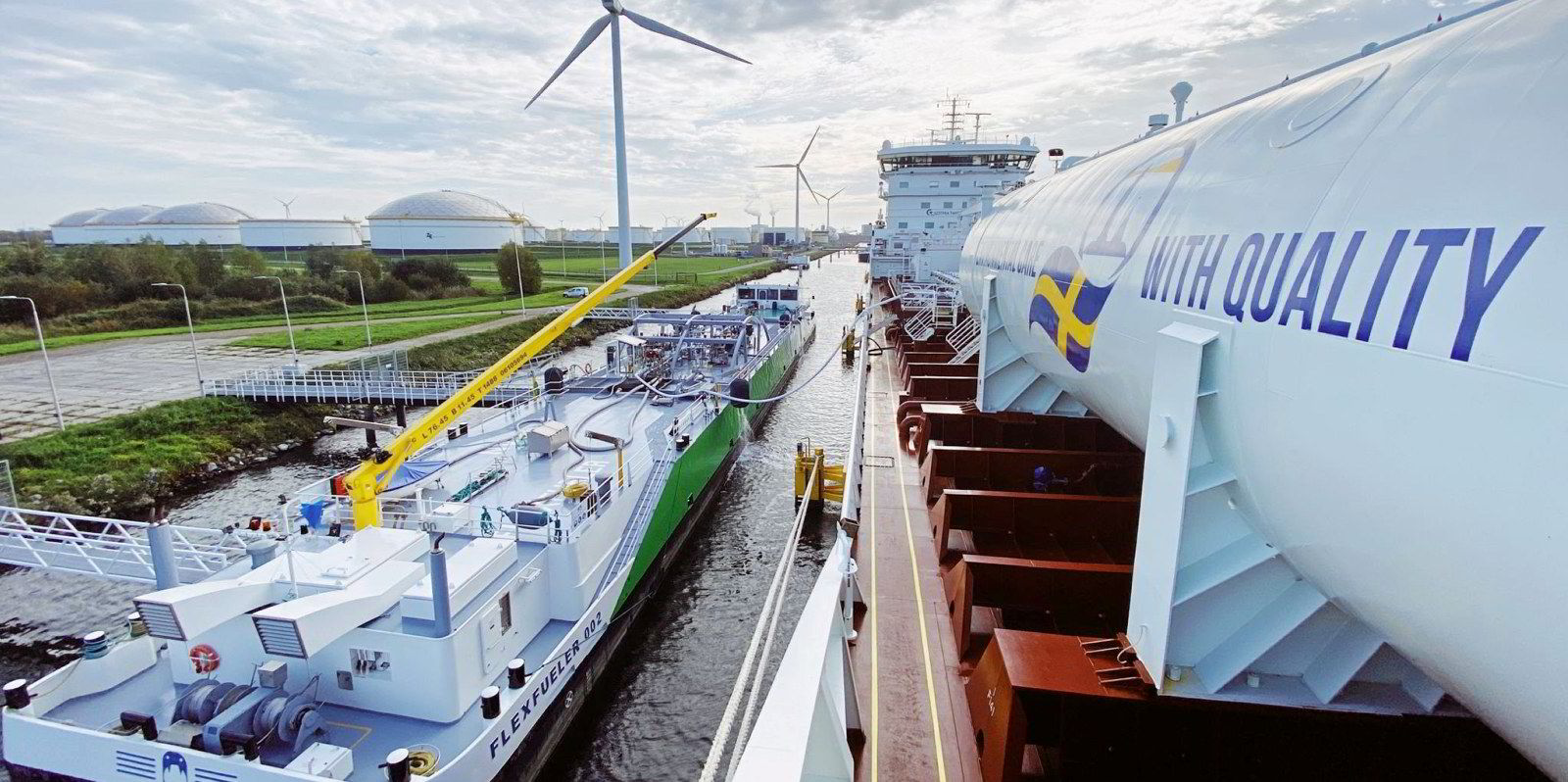Companies importing fossil fuels into Europe may have to ensure their suppliers fix methane leaks and adhere to new targets designed to cut emissions from the greenhouse gas following a vote by European lawmakers.
The requirements will come into force if the decision by the European Parliament on the new law is translated into European Union regulations.
On Tuesday the European Parliament voted by 499 votes in favour, and 73 against with 55 abstentions, to bring in new legislation in December 2023 that would compel oil and gas companies to find and fix their methane leaks and report their methane emissions.
Binding targets on methane reduction by 2030 should be proposed for all relevant industry sectors by 2025 and countries, the body said.
Member states should also set national reduction targets as part of their integrated national energy and climate plans, the European Parliament added.
The parliament wants the new law to cover direct methane emissions from the oil, fossil gas and coal sectors, along with bio-methane once it is injected into the gas network, and to include the petrochemicals sector in an effort to reach the EU climate goals and improve air quality, the body said.
The legislation would hit the global LNG supply chain where efforts by LNG producers and the shipping industry are already in play by some companies in efforts to reduce methane emissions.
Methane is a potent greenhouse gas, with a global warming potential of 27 to 30 over 100 years, set against CO2’s potential of 1, regardless of the time period.
The vote by the European parliament puts more pressure on the EU to commit to slapping limits on methane emissions throughout the oil and gas supply chain.
Under the Parliament’s proposals, operators would have to submit a methane leak detection and repair programme to the relevant national authorities six months from the date of entry into force of this regulation.
They also call for more frequent leak detection and repair surveys and there would obligations to repair leaks in shorter time-frames.
“Without ambitious measures to reduce methane emissions, Europe will miss its climate targets and valuable energy will continue to be wasted,” said Jutta Paulus, a member of the European Parliament and shadow rapporteur on the legislation.
“In the energy sector, three quarters of methane emissions can be avoided through simple measures and without large investments. As Europe imports more than 80% of the fossil fuels it burns, is essential to expand the scope to energy imports.”
The EU has signed up to the Global Methane Pledge which aims to reduce global methane emissions by at least 30% from 2020 levels by 2030, which could eliminate over 0.2˚C warming by 2050.





